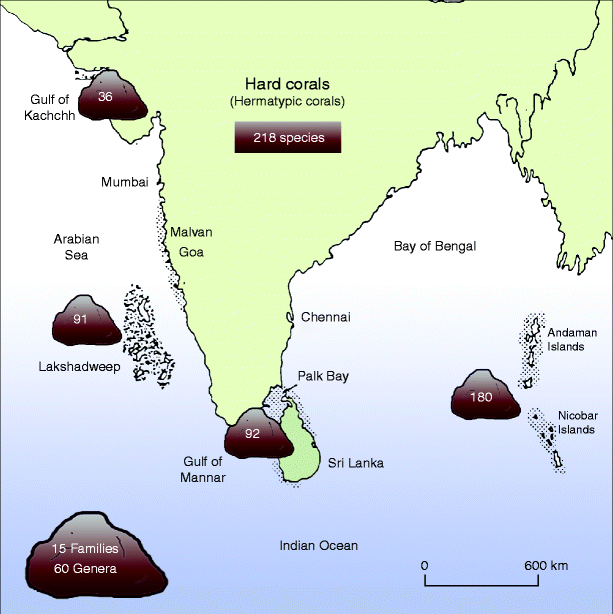7667766266
enquiry@shankarias.in
Natural Gas
Indian Gas Exchange
Coral Reefs

Recovery of Coral reefs
PCPNDT Act
Committee to oversee Ownership of Private Banks
SIPRI year book
New START
SIPRI
IAEA
Source: PIB, Indian Express, the Hindu